List of Vaccines for 14 Weeks Old Baby

- Important Vaccinations Required for 14 Weeks Old Baby
- Diphtheria Tetanus Pertussis (DTaP) Vaccine
- Inactivated Polio Vaccine (IPV 3)
- Haemophilus Influenzae Type B Vaccine
- Rotavirus 3
- Pneumococcal Conjugate Vaccine (PCV 3)
- FAQs
As the parent of a newborn, it is imperative that you give your baby the best to help him grow up healthy. Vaccinations are something which should never be compromised upon – it can play a huge role in the well-being of your baby.
Also, it is important to follow up and keep up with the schedule at which the vaccinations have to be carried out. Many parents tend to neglect to take their child back to the hospital for regular vaccinations, thinking that doing it once is enough – it is not. For complete effectiveness, you will have to make sure that your child gets vaccinated regularly without fail. In this article, we’ll discuss the 14-week baby vaccinations that you shouldn’t miss out on. Let us now take a look at the list of vaccinations for a 14-week-old baby.
Important Vaccinations Required for 14 Weeks Old Baby
Here is a list of the vaccinations for 14-week-old children.
Diphtheria Tetanus Pertussis (DTaP) Vaccine
This vaccine is a single shot that can protect your baby from three diseases that can have serious implications for your baby.
1. Prevents Your Child From
Diphtheria, Tetanus and Whooping cough are prevented through this vaccine. Diphtheria is a disease leading to the formation of a thick covering in the throat of the child. The disease can lead to paralysis, breathing problems and even death. Tetanus results in the painful tightening of the muscles across the body. It has a 10% fatality rate. Whooping cough can lead to death in some cases for babies.
2. Dosage
The dosage of the vaccines is 0.5 mL at this stage.
Previous
At two months of age.
Next
At six months of age.
3. Precautions to Take
It would be safe to go for the vaccination only after consulting with your doctor. If your baby has had high fevers, seizures or a serious reaction after the previous dosage, you should consult with the doctor.
4. Are There Any Side Effects?
Common side effects include fever, soreness, irritability, fatigue and loss of appetite in babies.
5. Cost of the Vaccination
The vaccine comes as a combination with other vaccines and the costs varies from Rs 500 to Rs 3000. So, discuss with your doctor before giving the vaccine.
6. What If You Miss the Vaccination?
Talk to the doctor and tell him what has happened – in most cases, you can simply pick up from where you have left off. However, the risk of missing a vaccine entirely can increase the chances of the disease.
7. How to Take Care After the Vaccination?
Your doctor might prescribe paracetamol to make it less painful for him. You should observe your baby for any unnatural symptoms, like high fever or sudden difficulty in breathing.
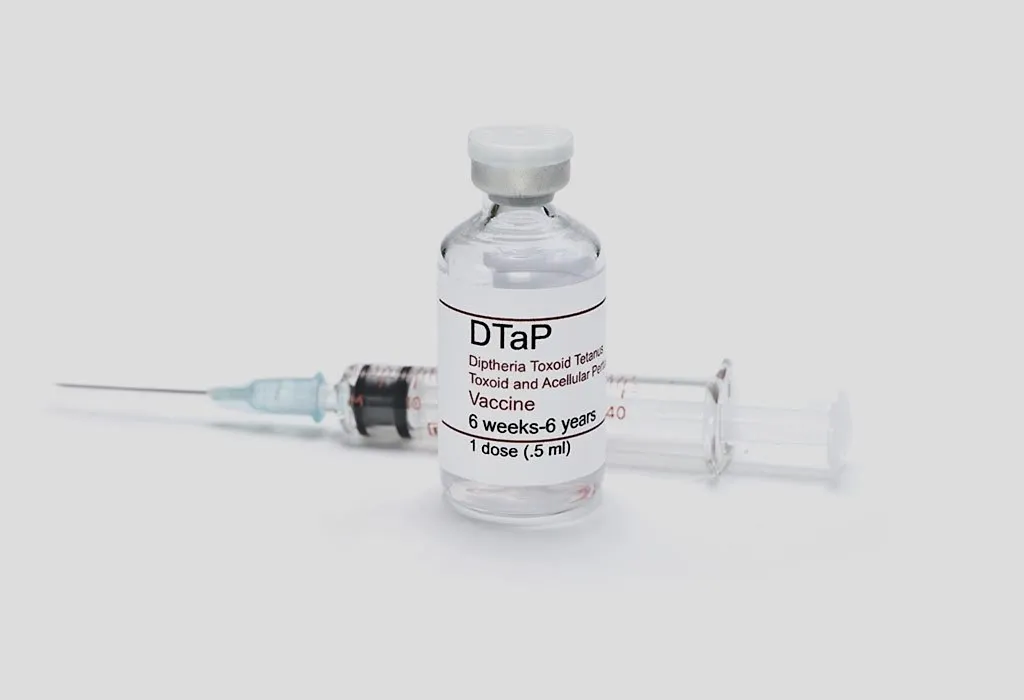
Inactivated Polio Vaccine (IPV 3)
This vaccine protects your child from polio, as the disease can have permanent effects on the mobility of your child.
1. Prevents Your Child From
Polio, which can cause permanent paralysis.
2. Dosage
The dosage of the vaccines is 0.5 mL at this stage.
Previous
At two months of age.
Next
Between 6-18 months of age.
3. Precautions to Take
If your child has had any serious reactions to the previous shot, you should consult with your doctor before you take your child to the vaccination. Else, there are no other precautions to take in this case. Check if your child is allergic to neomycin, streptomycin or polymyxin B, you should check with your doctor.
4. Are There Any Side Effects?
Common side effects include soreness, mild fever and redness in the area where the shot was administered.
5. Cost of the Vaccination
The vaccine cost varies and comes as a combination.
6. What If You Miss the Vaccination?
In the case of the polio vaccine, you can usually administer it when possible. However, consult with your doctor before you take your child to get the vaccine.
7. How to Take Care After the Vaccination?
If your baby is showing symptoms of fever for several days or is crying due to the pain, you should consult with the doctor. He might prescribe small doses of acetaminophen to help your child get better.
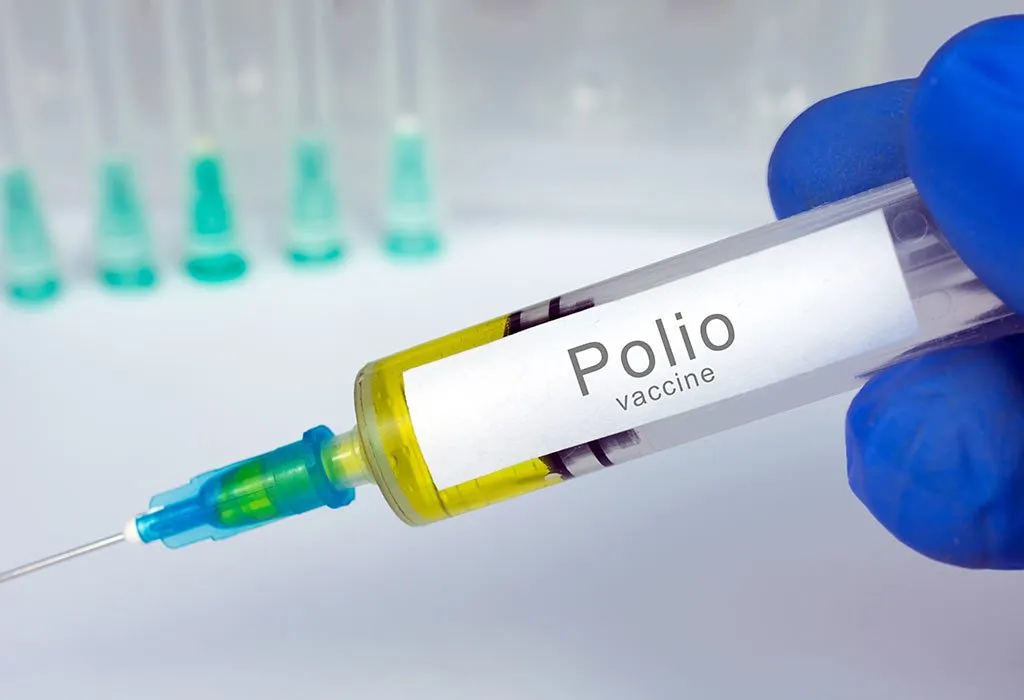
Haemophilus Influenzae Type B Vaccine
Hib is a bacterial disease which can cause pneumonia, meningitis and other severe problems in your baby.
1. Prevents Your Child From
Haemophilus influenza type B, which can cause inflammatory diseases in various organs.
2. Dosage
The dosage of the vaccines is 0.5 mL at this stage.
Previous
At two months of age.
Next
At six months of age.
3. Precautions to Take
Babies who have had life-threatening reactions to the vaccines before should not be taking the vaccine without consulting with the doctor. Also, the doctor can give you a better idea of the ingredients in the vaccine, so that you know if it is safe for your baby.
4. Are There Any Side Effects?
Common side effects include fever and redness in the area where the shot was administered.
5. Cost of the Vaccination
The vaccine cost varies.
6. What If You Miss the Vaccination?
You can always start off from where you have stopped after consulting with the doctor.
7. How to Take Care After the Vaccination?
You should always take care to keep your baby in your sight until the side effects subside.
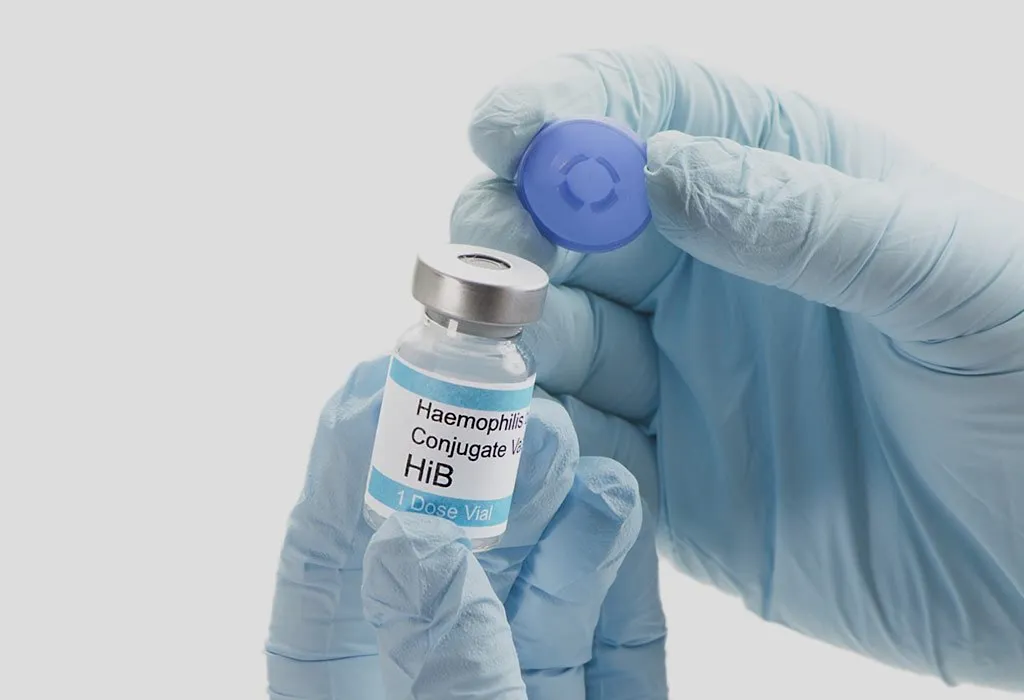
Rotavirus 3
Rotavirus used to affect thousands of children every year, but the vaccine has ensured that the number has steadily dropped over the years.
1. Prevents Your Child From
Rotavirus disease, which is also highly contagious. It results in severe diarrhoea and dehydration in the children, which could even result in hospitalisation being required for the child.
2. Dosage
The dosage of the vaccines is one mL or two mL, depending on the brand used.
Previous
At ten weeks of age.
Next
This is usually the last Rotavirus vaccine in the schedule.
3. Precautions to Take
Babies with serious immune disorders must not have the vaccine without consulting with the doctor. Also, if your baby has had recurring bowel symptoms, the vaccine should be avoided.
4. Are There Any Side Effects?
Common side effects include irritability, diarrhoea and throwing up in infants.
5. Cost of the Vaccination
The vaccine cost varies from Rs 700 to Rs 1500.
6. What If You Miss the Vaccination?
Talk to the doctor, and tell him what has occurred; you can always pick up where you left off, in most cases.
7. How to Take Care After the Vaccination?
The risk of the side effects developing into something serious is low, in the case of Rotavirus vaccines. However, you should always remember to observe your child for any symptoms which may be occurring, which could point towards any serious implications occurring.
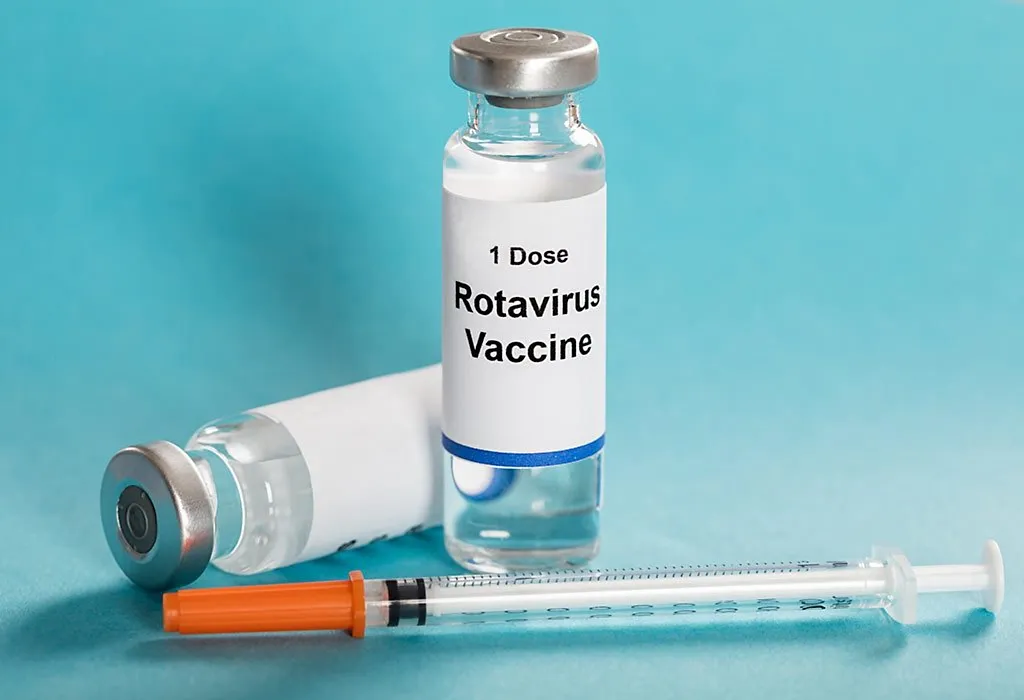
Pneumococcal Conjugate Vaccine (PCV 3)
This vaccine is used to give the child protection from 13 different types of pneumococcal bacteria which can all cause pneumococcal diseases in the children.
1. Prevents Your Child From
Pneumococcal disease, which can lead to problems like blockages in the brain, infections in the blood and even in the lungs.
2. Dosage
The dosage of the vaccines is 0.5 mL at this stage.
Previous
At two months of age.
Next
At six months of age.
3. Precautions to Take
If your baby has had high fevers, seizures or a serious reaction after the previous dosage, you should consult with the doctor. Also, do not take the vaccine if your baby is ill at the time.
4. Are There Any Side Effects?
Common side effects include fever, soreness, irritability, fatigue and vomiting.
5. Cost of the Vaccination
The vaccine costs around Rs. 2200 to Rs 3800.
6. What If You Miss the Vaccination?
Even if you have missed the first dose, you should get this vaccine after consulting with the doctor.
7. How to Take Care After the Vaccination?
The risk of serious harm to your child is really small, although you should keep an eye out for any allergic reactions which may occur.
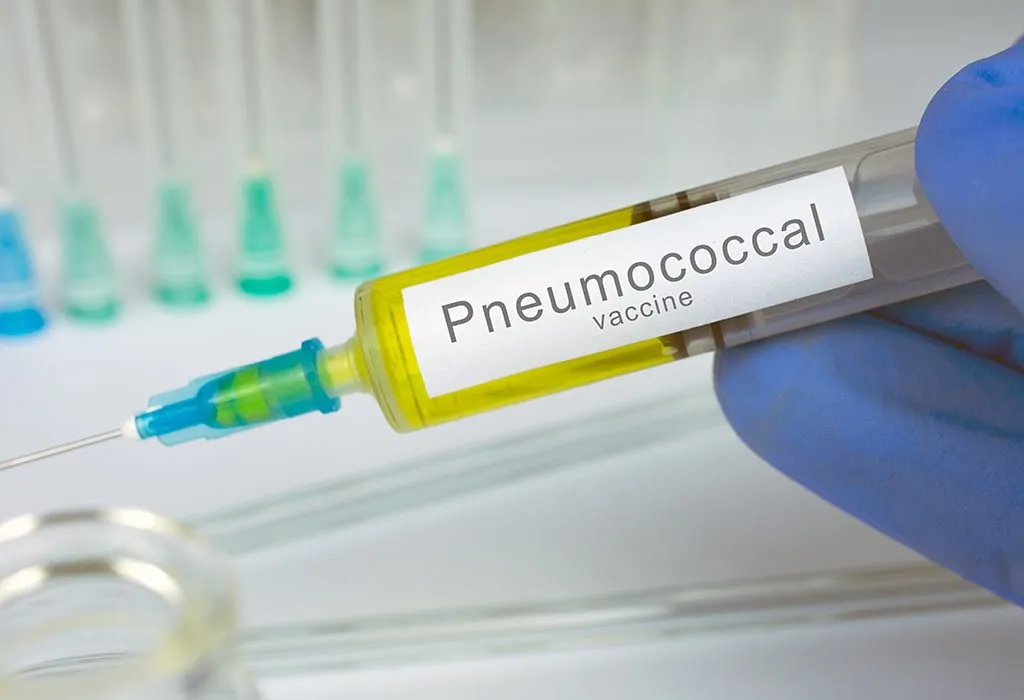
FAQs
1. Are there any vaccines that should be avoided if my baby has a family history of certain allergies?
In general, most vaccines are safe for babies with a family history of allergies. However, if your baby has a specific allergy to components found in a vaccine (such as gelatin or certain antibiotics), your pediatrician may recommend alternative vaccines or provide specific guidance. It’s essential to discuss your baby’s health history and any concerns with your healthcare provider before vaccination.
2. How do vaccines at 14 weeks affect my baby’s immune system compared to other age groups?
Vaccines at 14 weeks are designed to build and strengthen your baby’s immune system by introducing them to small, safe amounts of the bacteria or virus they protect against. At this age, your baby’s immune system is still developing, so vaccines help it learn to recognize and fight off infections more effectively. The impact of vaccines on the immune system at this stage is significant as it helps provide early protection against diseases and contributes to overall immune development.
14 weeks vaccinations are extremely important for the children, so try to keep up with the schedule as much as possible – they can make a huge difference in the long run!
References/Resources:
1. Know your child’s immunization schedule; UNICEF; https://www.unicef.org/india/know-your-childs-immunization-schedule
2. Vaccines Shortly after Birth; CDC Vaccines for Your Children; https://www.cdc.gov/vaccines/parents/by-age/newborn-birth.html
3. Vaccines and immunization; WHO; https://www.who.int/health-topics/vaccines-and-immunization#tab=tab_1
4. Vaccine Information; Indian Academy of Pediatrics; https://iapindia.org/vaccine-information/
5. Vaccines by Disease; CDC Vaccines and Preventable Diseases; https://www.cdc.gov/vaccines/vpd/vaccines-diseases.html
6. Lahariya. C; A brief history of vaccines & vaccination in India (Indian Journal of Medical Research); National Library of Medicine; https://www.ncbi.nlm.nih.gov/pmc/articles/PMC4078488/; April 2014
7. Immunization; National Health Mission; Ministry of Health & Family Welfare Government of India; https://nhm.gov.in/index1.php?lang=1&level=2&sublinkid=824&lid=220
Also Read:
Painless Vaccination for Babies
Side Effects of Vaccination in Babies
List of Vaccines for a 15-Month-Old Baby
List of Optional and Compulsory Vaccines
List of Vaccines for 16 to 18 Months Old Baby
Was This Article Helpful?
Parenting is a huge responsibility, for you as a caregiver, but also for us as a parenting content platform. We understand that and take our responsibility of creating credible content seriously. FirstCry Parenting articles are written and published only after extensive research using factually sound references to deliver quality content that is accurate, validated by experts, and completely reliable. To understand how we go about creating content that is credible, read our editorial policy here.







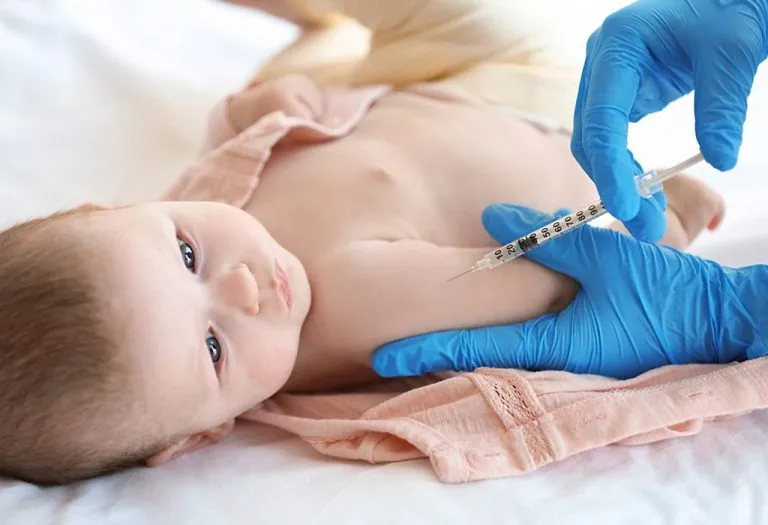

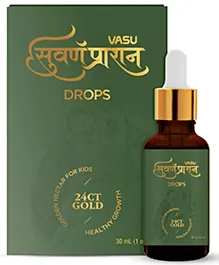

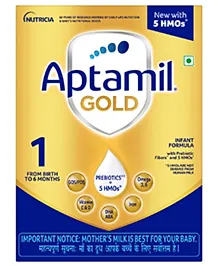

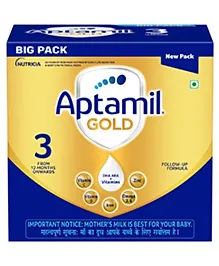
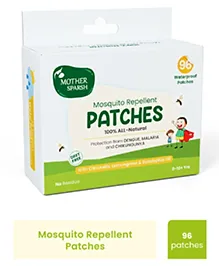
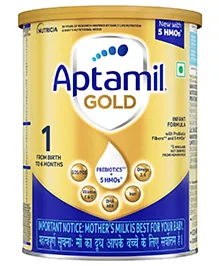

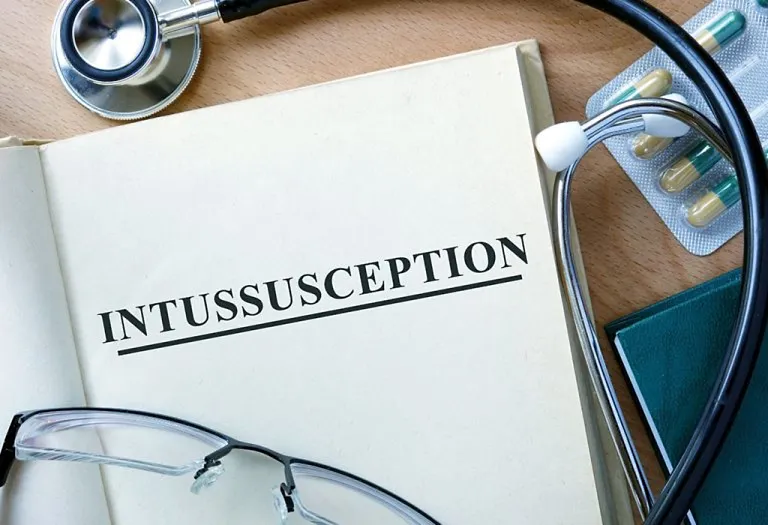
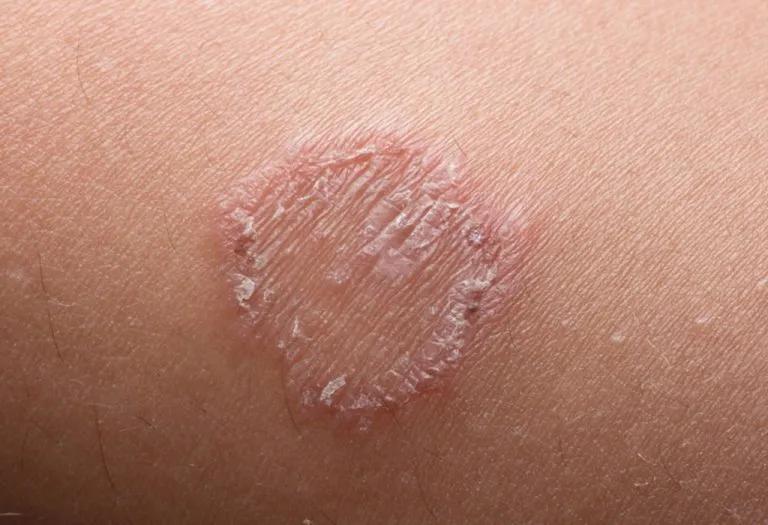




.svg)


















